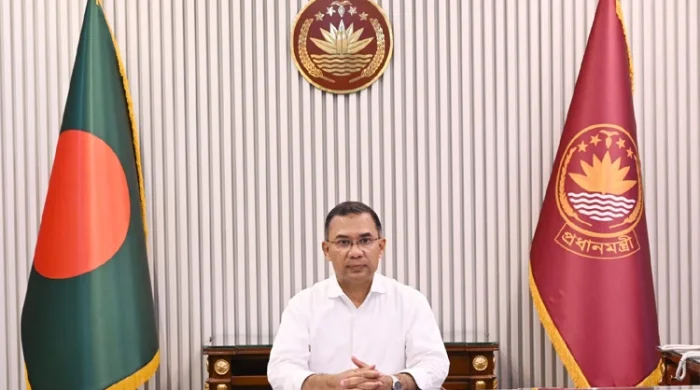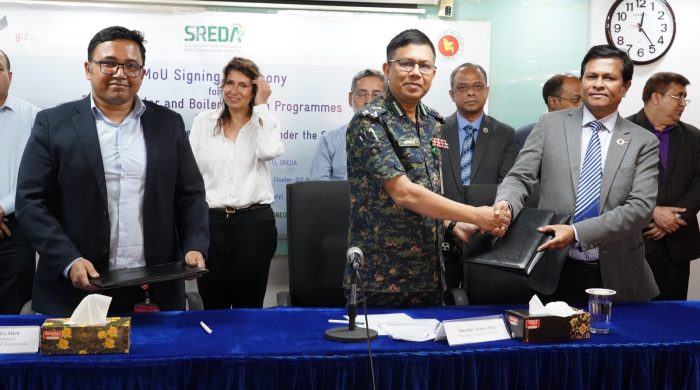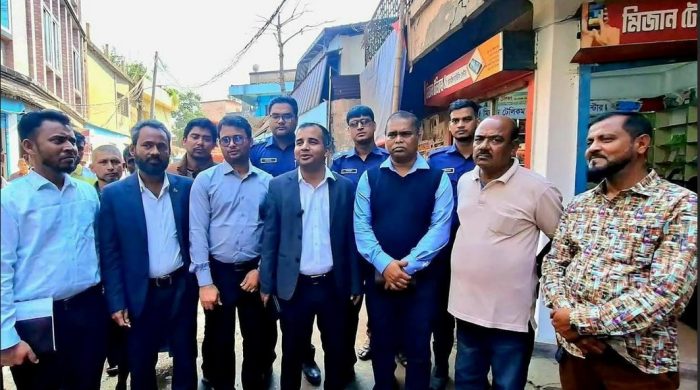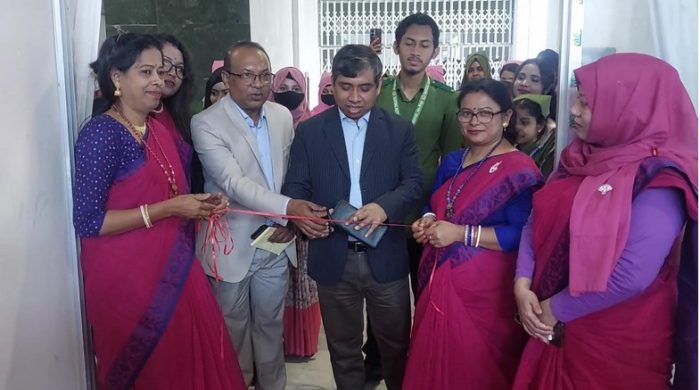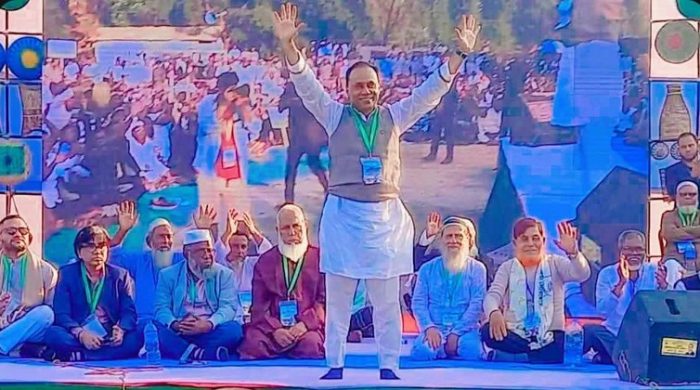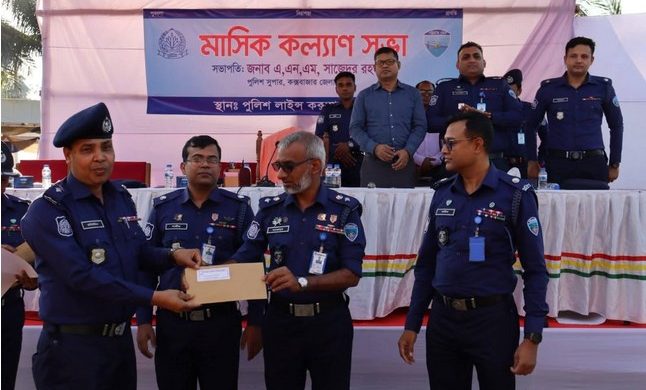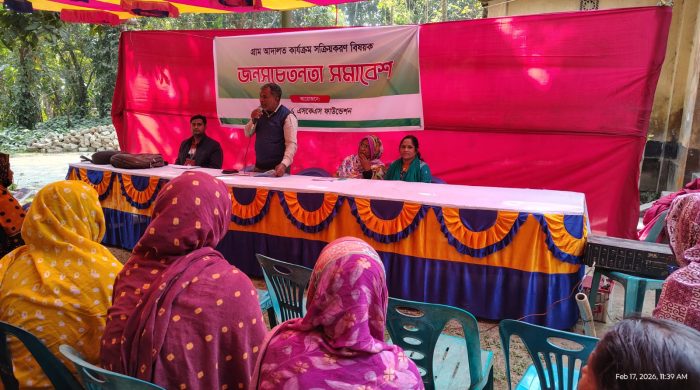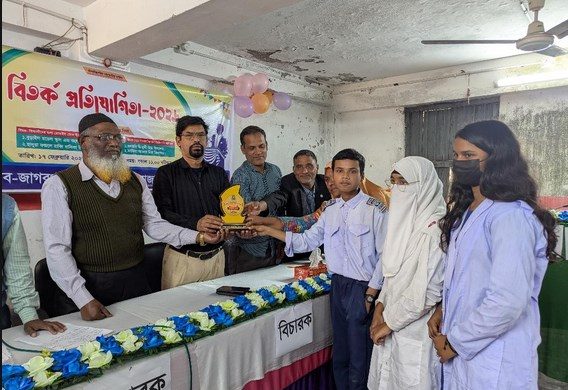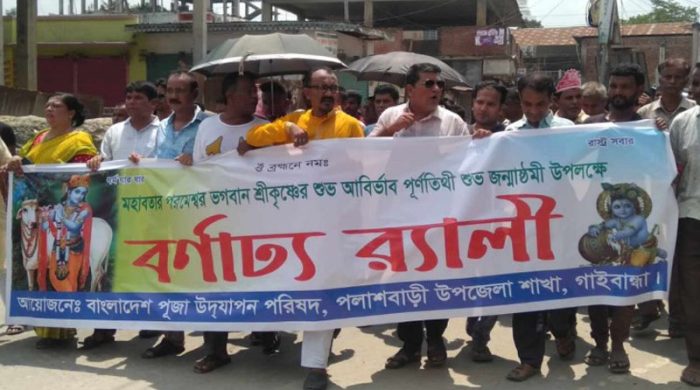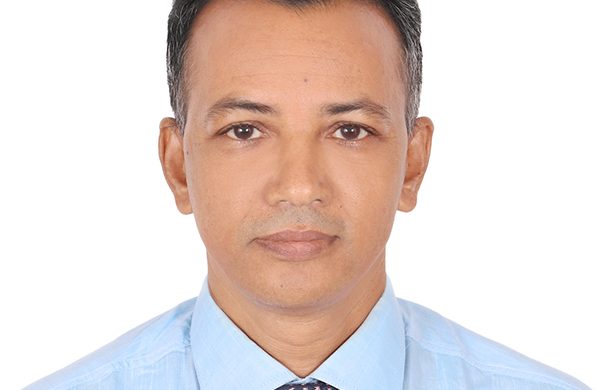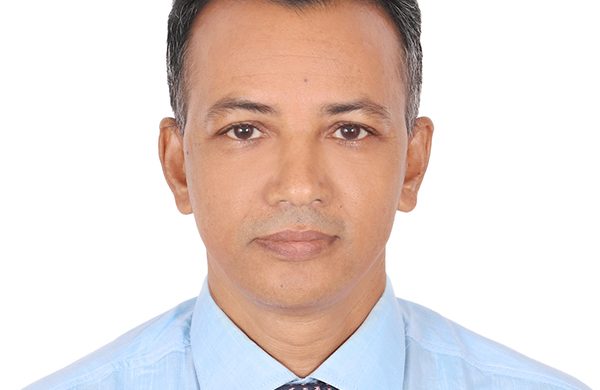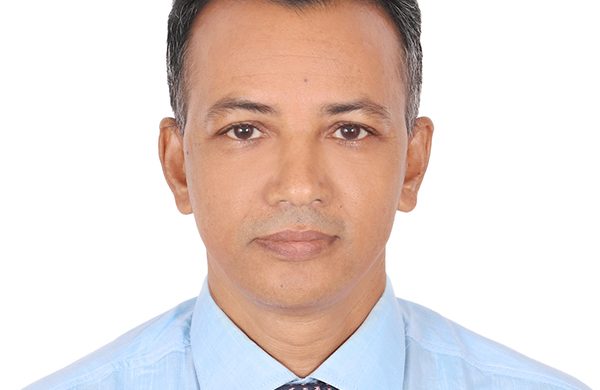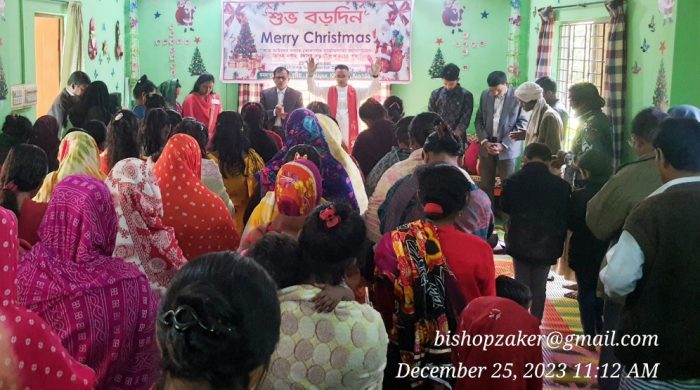The electricity import agreement with Adani is anti-national: Fakhrul
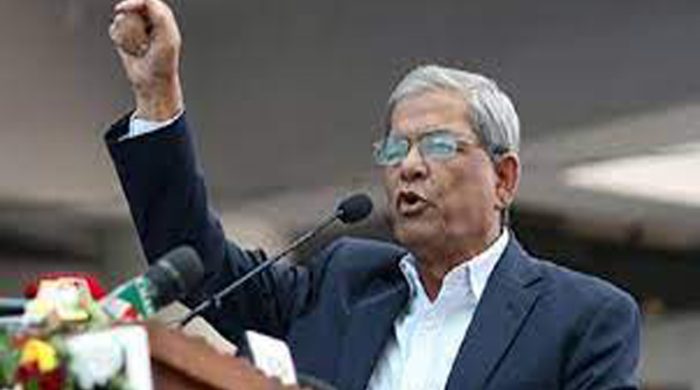
Dhaka/
BNP Secretary General Mirza Fakhrul Islam Alamgir has commented that the agreement made with India’s Adani industrial group to import electricity is anti-national, anti-people’s interest and misguided.
He said, loot and loot in this agreement, there is nothing else here. To prevent it (loot), we all have to unite today to save the people of Bangladesh. This contract must be canceled immediately.
He said these things at a hotel in Gulshan of the capital on Thursday afternoon. Association of Engineers Bangladesh (AB) organized this round table discussion titled ‘Power Sector in Great Disaster: Economy in Deep Trough’.
Mirza Fakhrul said that since the Awami League government came to power, they have decided to steal the most from the power sector. What they do is planned. They came to power and started saying that the BNP government has done nothing in the power sector, only built pillars. But did not take any measures for power generation. It was justified by saying that – they will produce electricity. They started this propaganda to justify the quick rental power plant.
He said that they have kept the whole matter of the agreement with Adani a secret. Loot and booty, nothing else here. To prevent it (loot), we all have to unite today to save the people of Bangladesh. All political parties should come forward. Civil society has to come forward, individuals have to come forward. Besides, we have no way to survive.
If BNP comes to power, action will be taken subject to investigation of irregularities and corruption in power and energy sector, said BNP Secretary General.
A number of written recommendations were put forward in the roundtable discussion. These include repealing the Rapid Supply of Electricity and Energy (Special Provisions) Act, providing exemplary punishment to those involved in all corruption-irregularities in the electricity and energy sector, stopping or canceling the renewal of contracts with rental or quick rental companies, etc. Necessary power transmission and distribution lines should be set up urgently to reduce capacity charges, appropriate steps should be taken to extract domestic mineral coal and gas through suppliers like Petrobangla, Bapex etc. to deal with the crisis. At the same time appropriate initiatives should be taken to make domestic engineers and related organizations efficient in using modern technology.
Also, to make the country’s power and energy sector sustainable and safe, the fossil fuel dependency should be gradually reduced and 50 percent of the total production based on renewable energy should be adopted. Illegal and non-transparent non-tendered power contracts should be cancelled, the interests of the country should be protected by revising the contracts in specific areas, the country’s industrial/commercial/residential and other sectors of electricity demand should be assessed to take a series of plans for the construction of power plants, transmission lines and other infrastructure for the next 25 years. will be
Full details of all purchase/distribution contracts in the power sector should be made available to the public; All contracts in the power sector must be awarded through open tenders following international norms; At present, the annual increase in electricity demand in the country is 5-7 percent, so there is no need for new power plants in the next 5-7 years, rather, it is possible to get rid of the current crisis only by renovating the existing power plants and modernizing the distribution system.
Under the chairmanship of Engineer Riazul Islam Riju, President of AB, the organizing organization of the round table discussion, General Secretary Engineer Hachin Ahmed presented the main article. BNP’s Deputy Local Government Affairs Secretary Shammi Akhter, Associate Science and Technology Affairs Secretary Engineer Ashraf Uddin Bakul, Member Secretary of Bangladesh Professional Coordination Council and DUZ President Quader Gani Chowdhury, ABE Vice President Engineer Ashraf Uddin Bakul, Engr. Mustafa-e Zaman Salim and others.




